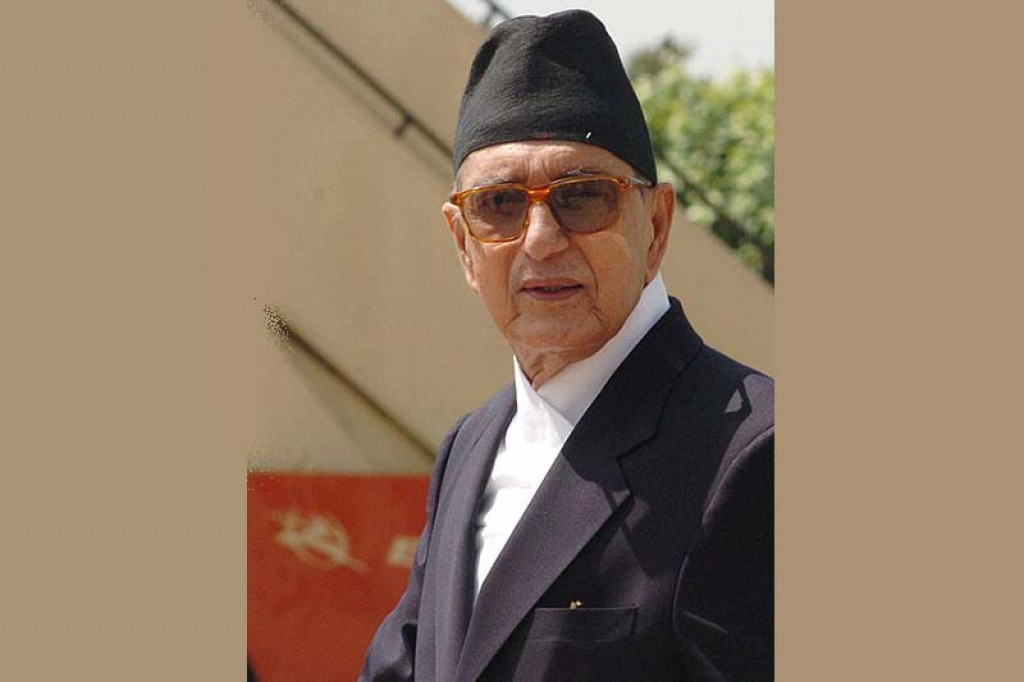

The 13th memorial day of former Prime Minister Girija Prasad Koirala is being observed today across the country with various programmes.
The Nepali Congress, its sister organisations and well-wishers are marking the Day by organising various programmes across the country, it is said.
Koirala played a key role in restoring democracy and bringing the then Maoist rebels who engaged in the decade long insurgency onboard the peaceful mainstream politics. He led the people’s movements, 2062/63 BS against the direct rule of former King Gyanendra Shah. Shah engaged in direct power politics and formed a Council of Ministers chaired by himself by sacking the then elected government led by Sher Bahadur Deuba and announcing a ban on the multi-party system by Shah.
On 24 April, 2006, Shah gave in and agreed with the agitating seven-party alliance led by Koirala to restore the House of Representatives. This has given a way for Koirala to become Prime Minister for the fourth time.
Under his leadership, the country on 28 May, 2008 entered the federal democratic republic, ending the 240-year monarchy.
The revolting Maoist participated in the parliamentary multi-party politics by taking part in the first Constituent Assembly elections in 2064 and in 2069 BS. The constitution of the federal democratic republic Nepal was passed for the first time through the Constituent Assembly, 2069 BS. He died on 20 March, 2010.

The 13th memorial day of former Prime Minister Girija Prasad Koirala is being observed today across the country with various programmes.
The Nepali Congress, its sister organisations and well-wishers are marking the Day by organising various programmes across the country, it is said.
Koirala played a key role in restoring democracy and bringing the then Maoist rebels who engaged in the decade long insurgency onboard the peaceful mainstream politics. He led the people’s movements, 2062/63 BS against the direct rule of former King Gyanendra Shah. Shah engaged in direct power politics and formed a Council of Ministers chaired by himself by sacking the then elected government led by Sher Bahadur Deuba and announcing a ban on the multi-party system by Shah.
On 24 April, 2006, Shah gave in and agreed with the agitating seven-party alliance led by Koirala to restore the House of Representatives. This has given a way for Koirala to become Prime Minister for the fourth time.
Under his leadership, the country on 28 May, 2008 entered the federal democratic republic, ending the 240-year monarchy.
The revolting Maoist participated in the parliamentary multi-party politics by taking part in the first Constituent Assembly elections in 2064 and in 2069 BS. The constitution of the federal democratic republic Nepal was passed for the first time through the Constituent Assembly, 2069 BS. He died on 20 March, 2010.